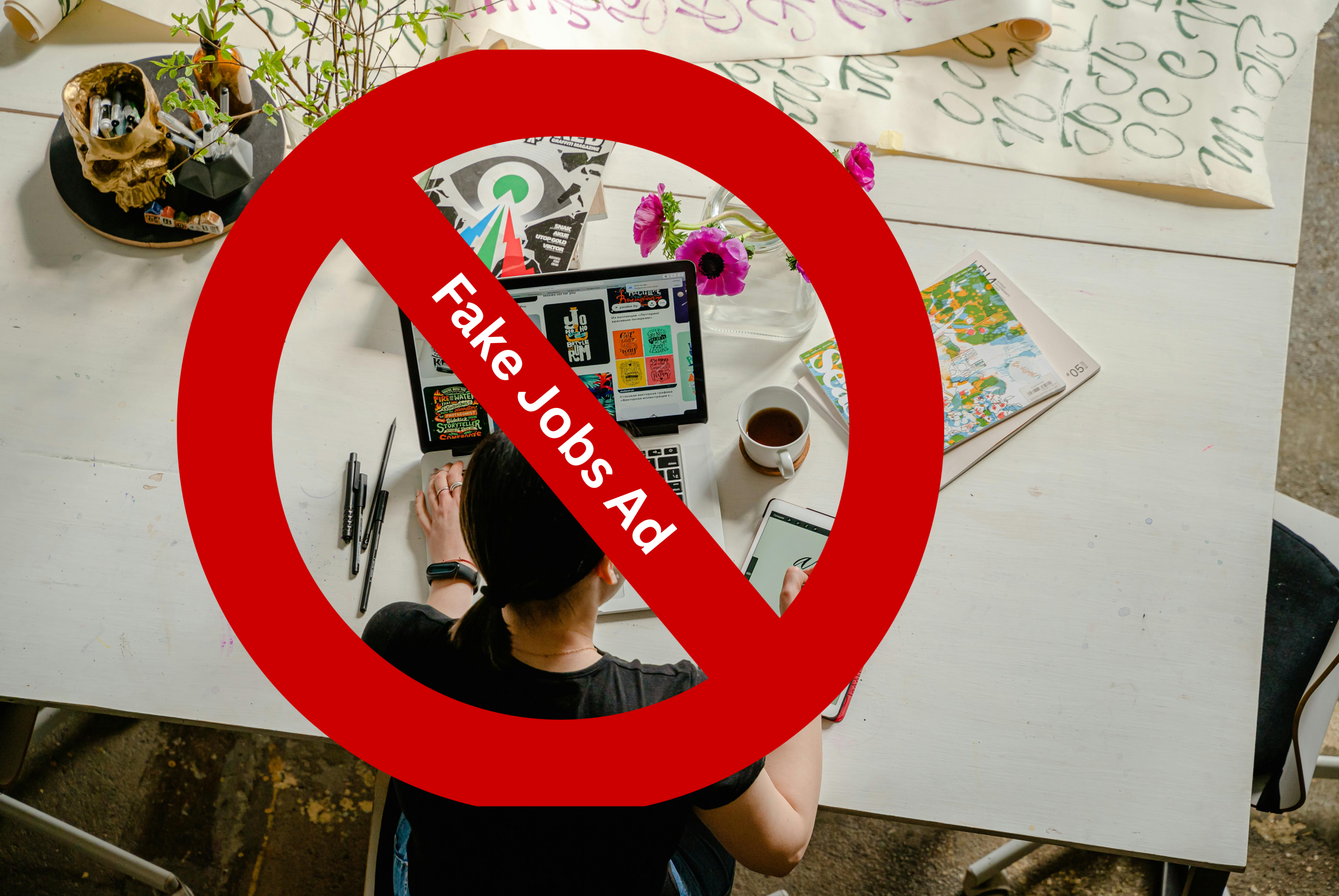It starts with hope. A phone call. Maybe a message on WhatsApp. Or an email in your inbox: “Congratulations! You’ve been selected.”
No long process. No interview stress. Just… a job. Waiting for you.
But then they ask. Just a small thing. R250 for registration. R400 for a uniform. R800 for a training kit. They say it’s standard. Refundable. Nothing serious. “Just pay and start next week.”
Wait—stop right there. That’s how they get you.
The Offer Looks Perfect. Too Perfect.
The salary’s high. The position sounds easy. “No experience needed.” No CV requested. No proper interview. Just a promise of fast hiring.
Sounds amazing. But you feel it—that tiny voice in your gut whispering, “Why me? Why this easy?”
Because it’s bait.
Scammers want you excited. Rushing. Dreaming of your first paycheck. That’s when you’re most vulnerable.
Real jobs ask for interviews, documents, sometimes references. They take time. So if the process feels rushed and perfect—it’s probably fake.
They Ask for “Small” Payments
They don’t hit you with big numbers at first. Nope. They start low. R200 for admin. R300 for transport. “Just to confirm your spot.”
You pay. They smile. Then—another payment.
R600 for medicals. R950 for background checks. R1,200 for safety shoes.
You keep thinking—“I’ve already paid. Just a little more and I’m in.”
But that door? It never opens.
It’s a loop. A trap. And you’re stuck chasing a job that doesn’t exist.
Fake Contracts, Real Pressure
Scammers love using documents. Contracts. Appointment letters. Job offers with official logos. They look real. Watermarks. Stamps. Even signatures.
But read carefully. Things won’t feel right.
Odd grammar. Strange phrases. Overuse of ALL CAPS. “You MUST Pay to Proceed.” That kind of thing.
And the pressure? It’s constant.
“Pay by 2PM today or lose your chance.”
“This is urgent. HR is waiting.”
“You’re lucky. We chose you specially.”
Nah. That’s not how real HR works. That’s how scammers manipulate.
Real Companies Pay You
This one’s simple. Real employers pay you to work. You do not, under any circumstances, pay them first.
Not for:
- Uniforms
- Training manuals
- Background checks
- Admin forms
- ID cards
- Safety kits
They might say, “It’s company policy.” Or “You’ll be reimbursed later.” Lies. All of it.
Legit businesses handle those costs themselves. Always.
They Want You to Pay Fast, and Quietly
Scammers move fast. They don’t want you thinking too hard. Or asking too many questions.
So they use urgency.
“Last slot left. Pay now.”
“You’ll lose the job if you don’t send payment in the next hour.”
“No time for delays. We have others waiting.”
They push. You panic.
And just like that—your money’s gone.
They’ll also tell you not to talk to anyone. “Don’t call the company directly. Everything goes through us.” That’s code for: Don’t get caught.
They Avoid Interviews
Try this. Say you want a Zoom or Teams call before making any decision.
Watch their energy change.
Scammers avoid live chats. They mumble, dodge, or come up with reasons like “camera not working” or “network issues.” They don’t want to show their faces.
Because they’re not who they say they are.
Real employers want to meet you—even if it’s just for a quick intro chat.
You Can’t Find Them Online
You type the company name into Google. Nothing.
No LinkedIn page. No proper website. No office address. No employee list.
Maybe there’s a site, but it looks off. Grammar errors. Vague descriptions. “Global Leader in Service & Quality.” But no phone number. No HR email.
A company that’s hiring should have a digital footprint. Even a small one.
If it’s invisible online, it might not exist at all.
Real Job? Ask Real Questions
When you’re unsure, ask:
- Can I visit your office?
- Can I speak to another employee?
- Can I check your company registration number?
Scammers hate questions. Especially smart ones.
They’ll dodge, get rude, or ghost you.
Don’t be afraid to push. If they vanish when you ask the right thing, good. They were fake.
A True Story: Sipho’s R1,500 Lesson
Sipho got a call. “You’ve been hired as a warehouse clerk. Salary: R12,000.” He was shocked. He hadn’t applied, but maybe someone passed on his CV?
The caller was confident. Sent him a contract. A full PDF. Even had a “director” sign it.
Then came the request. R600 for PPE. R450 for training. And R450 more for transport.
Sipho paid. R1,500 gone. Then silence. No job. No replies. He’d been scammed.
He never got the money back. But he did get the lesson.
What To Do If You’re Targeted
If you’ve been contacted by a shady “employer,” here’s what to do:
- Stop responding. Don’t engage more than needed.
- Report it. In South Africa, use the Department of Employment and Labour, or the South African Police Service, or SAFPS.
- Warn others. Post on social media. Drop a screenshot. Help someone else.
- Keep evidence. Save every message, email, voice note. It helps.
And if you’ve already paid? Report it immediately. You might not get it back, but you can help shut them down.
Final Words: Don’t Let Desperation Blind You
We get it. Job hunting is hard. It messes with your emotions. You want that call. That offer. That win.
But don’t let hunger for work make you ignore the signs.
If a job needs money before you even show up—it’s not a job. It’s a trap.
You don’t need to pay to be employed. You just need to protect yourself. Be smart. Stay sharp. Ask questions. And walk away from anything that feels off.
Because your dignity isn’t for sale.






